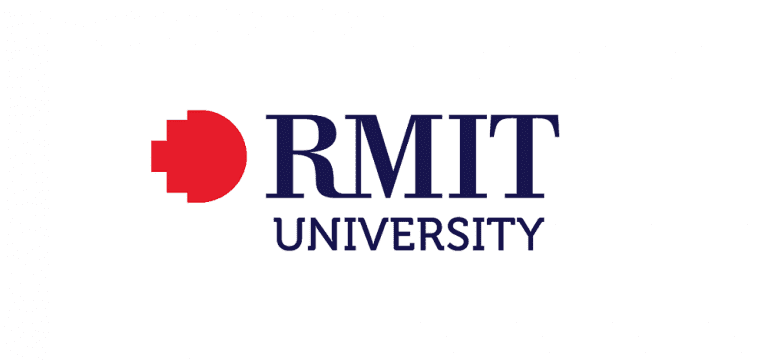This report investigates the impact of the twin shocks on digital skills shortages and the Victorian labour market. Specifically, it attempts to gain a better understanding of the current digital skills issues, and the challenges the COVID-19 pandemic posed to the development of a Digital CBD.
Prior to the pandemic, many organisations were trying to understand the impact of the accelerated automation of jobs. Such as the adoption of Artificial Intelligence (AI), the embedding of analytics into business processes and the proliferation of remote work. These were some of the technology driven trends that were altering the nature of work and skills.
If anything, COVID-19 illuminated the cracks in the ways businesses were ran. Now, many organisations are investing heavily in technology to address pandemic-induced problems, such as interrupted supply chains and failing revenue.
While technology is an important component of digital transformations, it doesn’t solve all problems. In fact, Sundar Pichai, the Chief Executive Officer of Alphabet and its subsidiary Google stated that “technology doesn’t solve humanity’s problems. It was always naive to think so.”
The World Economic Forum indicated that a large skills gap would remain as in-demand skills across jobs change in the next five years. As such, businesses need to develop a better understanding of the digital skills labour market, the types of roles, certifications and qualifications required. As well as the skills shortages and gaps to be addressed to ensure Melbourne’s CBD transforms into a digital leader for cities around the world.
To help us develop insight into the current prevailing skills gaps in Melbourne’s CBD, we conducted a survey that was targeted at digital technology professionals in the ICT and cyber security sectors.
These professionals often experience a shortage of digital and cyber security skills first-hand. They also possess specific industry knowledge that helped identify solutions to the problem.


